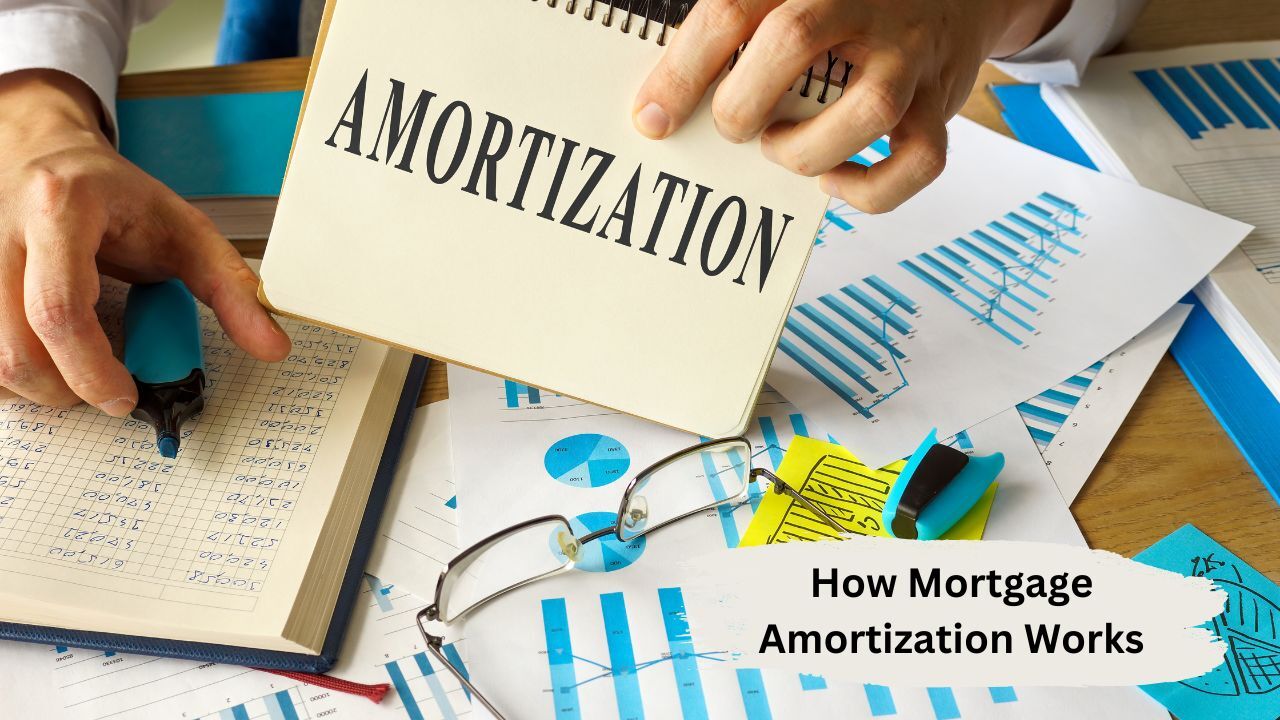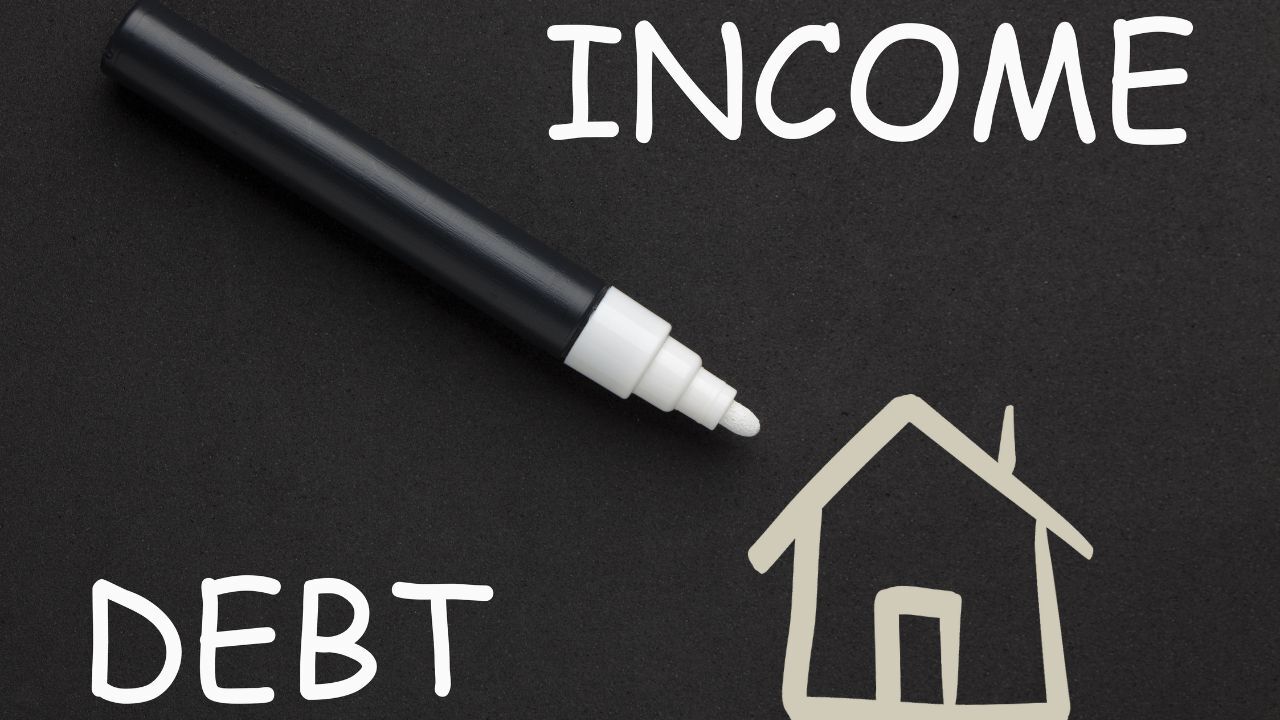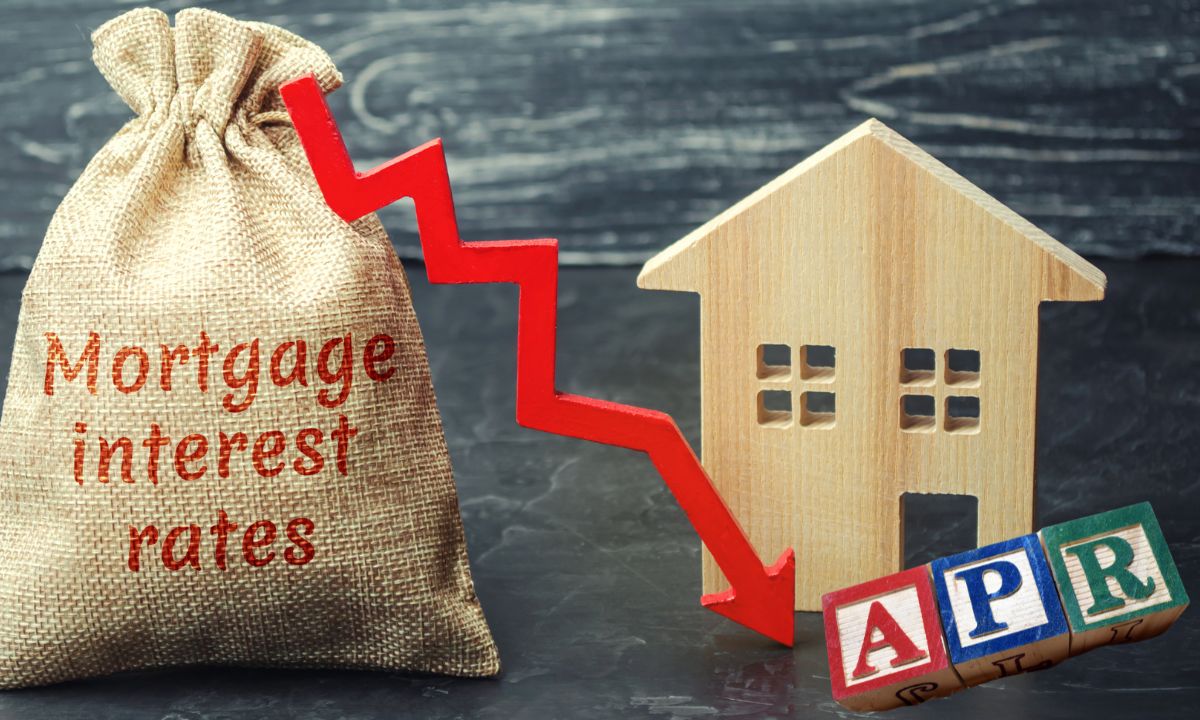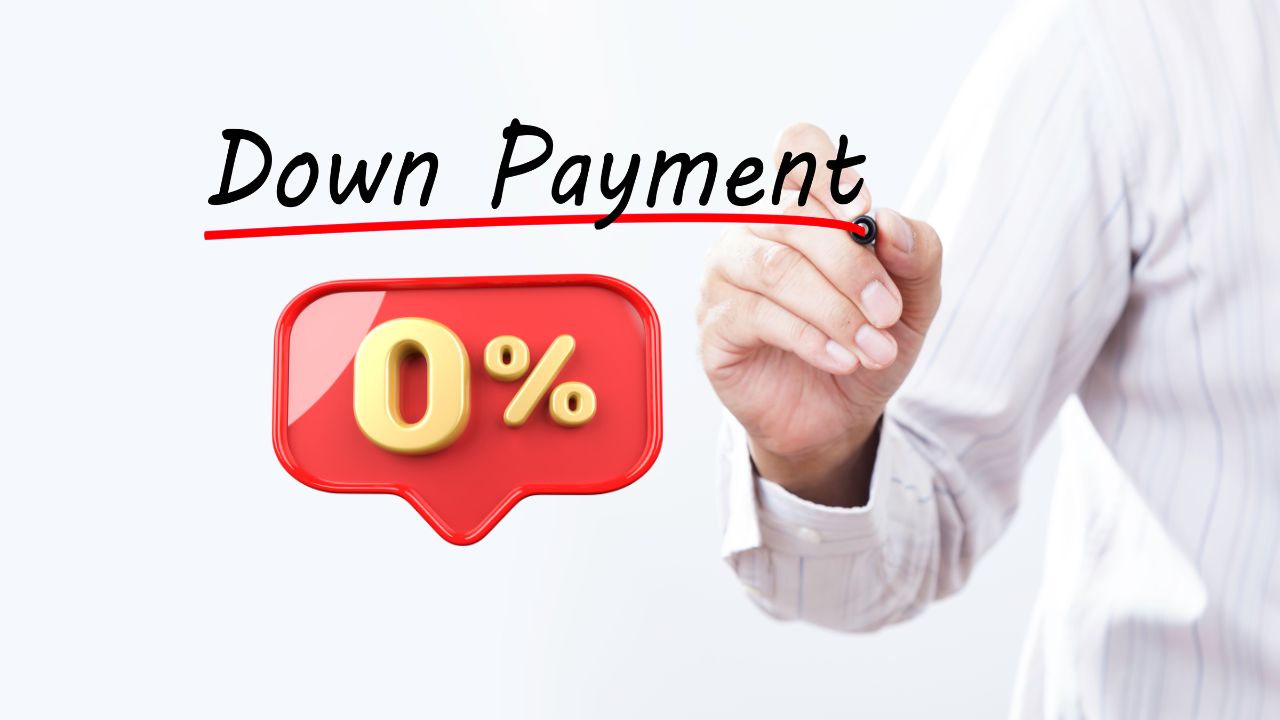 When you take out a mortgage, you commit to a long-term financial obligation. Understanding mortgage amortization can help you make informed decisions about your loan and how your payments impact your financial future.
When you take out a mortgage, you commit to a long-term financial obligation. Understanding mortgage amortization can help you make informed decisions about your loan and how your payments impact your financial future.
What is Mortgage Amortization?
Mortgage amortization refers to the process of gradually paying off your loan over time through fixed monthly payments. Each payment is divided into two parts:
- Principal: The portion that goes toward reducing your loan balance.
- Interest: The amount paid to the lender for borrowing the money.
At the start of your loan, a larger percentage of your payment goes toward interest. Over time, as the loan balance decreases, more of your payment is applied to the principal, helping you build home equity.
How Mortgage Amortization Works
Your lender calculates your monthly mortgage payment using an amortization schedule, which outlines how much of each payment goes toward principal and interest over the life of the loan.
For example, if you take out a 30-year fixed mortgage, your payments remain consistent, but the way they are allocated changes over time. In the early years, most of your payment goes toward interest, while in later years, more goes toward reducing your loan balance.
Factors That Affect Amortization
Several factors impact your mortgage amortization schedule, including:
- Loan Term: A 15-year loan pays off faster than a 30-year loan, but the monthly payments are higher.
- Interest Rate: A lower interest rate means less of your payment goes toward interest.
- Extra Payments: Making additional principal payments can help reduce your loan balance faster and save you thousands in interest.
Benefits of Understanding Amortization
- Helps you see how much interest you’ll pay over the life of the loan.
- Allows you to plan for early payoff by making extra payments.
- Provides insight into how quickly you build home equity.
How to Pay Off Your Mortgage Faster
- Make Extra Principal Payments: Even small additional payments reduce interest costs.
- Biweekly Payments: Making half payments every two weeks results in one extra full payment per year.
- Refinancing: If rates drop, refinancing to a shorter loan term can accelerate payoff.
- Round Up Payments: Rounding up to the nearest hundred can shorten your loan term without a big impact on your budget.
Mortgage amortization is a key concept every homeowner should understand. Knowing how your payments are structured allows you to plan ahead, reduce interest costs, and even pay off your loan faster. Whether you’re just starting your homeownership journey or looking to optimize your mortgage, understanding amortization can help you make the best financial decisions.
 When applying for a mortgage, lenders evaluate several factors to determine your loan eligibility. One of the most critical metrics is your Debt-to-Income Ratio (DTI). Understanding how DTI impacts mortgage approval can help you better prepare for homeownership and improve your chances of securing the loan you need.
When applying for a mortgage, lenders evaluate several factors to determine your loan eligibility. One of the most critical metrics is your Debt-to-Income Ratio (DTI). Understanding how DTI impacts mortgage approval can help you better prepare for homeownership and improve your chances of securing the loan you need. The inflation data report released last week showed a surprising result—it was cooler than expected across the board. This has led to a much more positive outlook, even in light of recent events regarding the Trump administration. While consumer sentiment reports from the University of Michigan still showed more dissatisfaction than expected, they were accompanied by largely positive data across various releases. There are strong expectations that there will be no interest rate increases, with some potential for rate cuts this year.
The inflation data report released last week showed a surprising result—it was cooler than expected across the board. This has led to a much more positive outlook, even in light of recent events regarding the Trump administration. While consumer sentiment reports from the University of Michigan still showed more dissatisfaction than expected, they were accompanied by largely positive data across various releases. There are strong expectations that there will be no interest rate increases, with some potential for rate cuts this year. If you’re gearing up to dive into the world of real estate, there are a few key terms you’ll want to wrap your head around before taking the plunge. Today, we’re demystifying APR and interest rate, two crucial concepts that can impact your home-buying journey. Don’t worry, I’ll break it down in simple terms so you can confidently navigate the process like a pro.
If you’re gearing up to dive into the world of real estate, there are a few key terms you’ll want to wrap your head around before taking the plunge. Today, we’re demystifying APR and interest rate, two crucial concepts that can impact your home-buying journey. Don’t worry, I’ll break it down in simple terms so you can confidently navigate the process like a pro. Creative financing can be an attractive option for sellers, especially those with significant equity. One popular approach is carrying back a second mortgage, where the seller effectively becomes a lender to help the buyer complete the purchase. While this can be a beneficial arrangement, it’s essential to understand the risks and the protections available, particularly regarding lender’s title insurance.
Creative financing can be an attractive option for sellers, especially those with significant equity. One popular approach is carrying back a second mortgage, where the seller effectively becomes a lender to help the buyer complete the purchase. While this can be a beneficial arrangement, it’s essential to understand the risks and the protections available, particularly regarding lender’s title insurance. Owning a home is an important goal for many people, and as a single mom, it can sometimes feel like a distant dream. But the reality is that homeownership is more achievable than you might think, especially when you know about the financial resources and programs available to you. First-time homebuyer grants, special loan programs, and down payment assistance can help you overcome the financial barriers that might otherwise stand in your way. Here’s what single moms should know about these opportunities.
Owning a home is an important goal for many people, and as a single mom, it can sometimes feel like a distant dream. But the reality is that homeownership is more achievable than you might think, especially when you know about the financial resources and programs available to you. First-time homebuyer grants, special loan programs, and down payment assistance can help you overcome the financial barriers that might otherwise stand in your way. Here’s what single moms should know about these opportunities.
 While the data releases were plentiful, many are made less significant in consideration of the current disruption with the administration and the oncoming inflation data reports with the CPI and PPI arriving next week. The largest and most noteworthy report this time is the Job Report numbers, which will help give a clearer idea on the state of the job market. With the mass federal layoffs, there is much uncertainty, but the labor market is still holding up in light of things. The most pressing data to be released is the predictions for GDP, which has shown to have shown a deflationary value. As long as the inflation data remains consistent then there is little chance the Federal Reserve will consider increasing the interest rates once again. The silver lining in all the reports is the Manufacturing PMI data is noting that the manufacturing sector is still showing strong growth.
While the data releases were plentiful, many are made less significant in consideration of the current disruption with the administration and the oncoming inflation data reports with the CPI and PPI arriving next week. The largest and most noteworthy report this time is the Job Report numbers, which will help give a clearer idea on the state of the job market. With the mass federal layoffs, there is much uncertainty, but the labor market is still holding up in light of things. The most pressing data to be released is the predictions for GDP, which has shown to have shown a deflationary value. As long as the inflation data remains consistent then there is little chance the Federal Reserve will consider increasing the interest rates once again. The silver lining in all the reports is the Manufacturing PMI data is noting that the manufacturing sector is still showing strong growth. Buying a home without a down payment is possible, but it requires exploring the right loan programs and financial assistance options. While lenders have tightened their requirements since the 2008 housing crisis, there are still ways to achieve homeownership with little to no upfront cash.
Buying a home without a down payment is possible, but it requires exploring the right loan programs and financial assistance options. While lenders have tightened their requirements since the 2008 housing crisis, there are still ways to achieve homeownership with little to no upfront cash. When buying a home or refinancing, comparing mortgage options can make a significant financial difference. Many borrowers assume that the first loan offer they receive is the best one, but taking the time to explore multiple lenders can lead to substantial savings.
When buying a home or refinancing, comparing mortgage options can make a significant financial difference. Many borrowers assume that the first loan offer they receive is the best one, but taking the time to explore multiple lenders can lead to substantial savings.